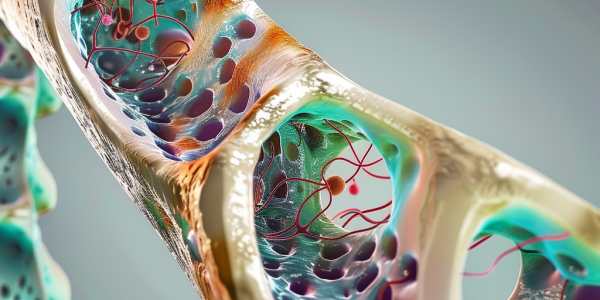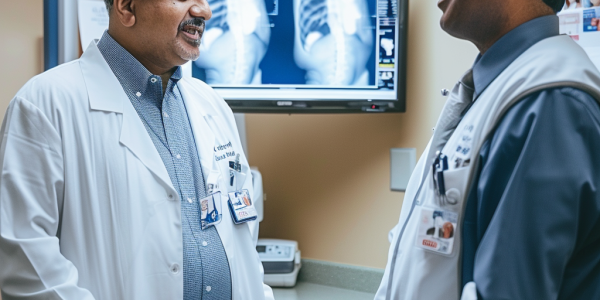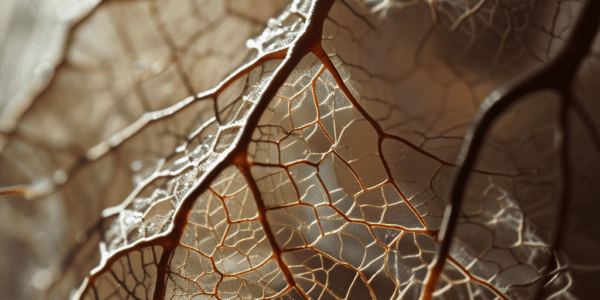New Research Highlights Role of Clec14a Protein in Bone Formation and Vascularization
Recent research highlights the crucial role of the Clec14a protein in bone formation and density regulation, particularly within capillary endothelial cells. Published in Communications Biology, the study reveals how Clec14a orchestrates osteoblast activity and influences bone angiogenesis, essential for skeletal growth and repair. Understanding Clec14a’s functions could lead to innovative therapies for bone disorders.
Experts Share Insights on Managing Osteoporosis for Doctor’s Day Celebration
Learn from leading health experts on managing osteoporosis to prevent fractures and promote proactive care. Discover the significance of routine scans, orthopedic consultations, and vitamin D for bone health. Gain insights on early detection and proactive management to reduce the risk of fractures and minimize the debilitating effects of osteoporosis.
Study Links Inadequate Sleep to Bone Loss in Young Women
New research suggests that inadequate sleep may accelerate bone loss, especially in younger women. Dr. Christine Swanson is investigating the connection between insufficient sleep and osteoporosis, exploring whether proper sleep could help prevent this condition. As bone density peaks in early adulthood and declines with age, changes in sleep patterns may play a role in bone health. Genes regulating our internal body clock are present in all bone cells, indicating a potential link between sleep and bone health.
Prioritizing Bone Health for a Fulfilling Old Age
Learn how to take care of your bones for a healthy old age with tips from orthopedic surgeon Dr. Sandeep Kapoor. Discover the importance of nutrition, physical activity, and preventive measures in maintaining bone health and mobility as you age.
Living Near Green Spaces May Boost Bone Health, Study Finds
Living near green spaces may have a positive impact on bone health, potentially boosting bone density and lowering the risk of osteoporosis. Lower levels of air pollution in green spaces play a significant role in these associations. The study, involving over 390,000 individuals, found a consistent association between the amount of green space and new cases of osteoporosis, with an increase in bone mineral density and a 5% lower risk of developing osteoporosis for every increase in the NDVI.
Study Finds High-Quality Plant-Based Diets Linked to Lower Risk of Hip Fractures in Postmenopausal Women
A recent study found that higher quality plant-based diets are associated with a lower risk of hip fractures in postmenopausal women. The research revealed that consumption of healthier plant-based options like whole fruits and vegetables was linked to a 21% lower risk of fracture, while consumption of unhealthy plant-based options was associated with a 28% higher risk. The study’s findings highlight the potential benefits of high-quality plant-based diets for bone health, especially among older adults with decreasing bone mass.
Exercising to Maintain Bone Health Through Menopause
Exercising to maintain bone health through menopause Laura, a 51-year-old woman, has recently been diagnosed with entering the post-menopausal stage. Concerned about osteoporosis, she is eager to understand how this phase of life will impact her bones and what she…
The Importance of Fascia in Muscle and Bone Health
We are constantly reminded about how exercise benefits our bone and muscle health or reduces fat. However, there is also a growing interest in one element of our anatomy that is often overlooked: our fascia. Fascia is a thin casing…








